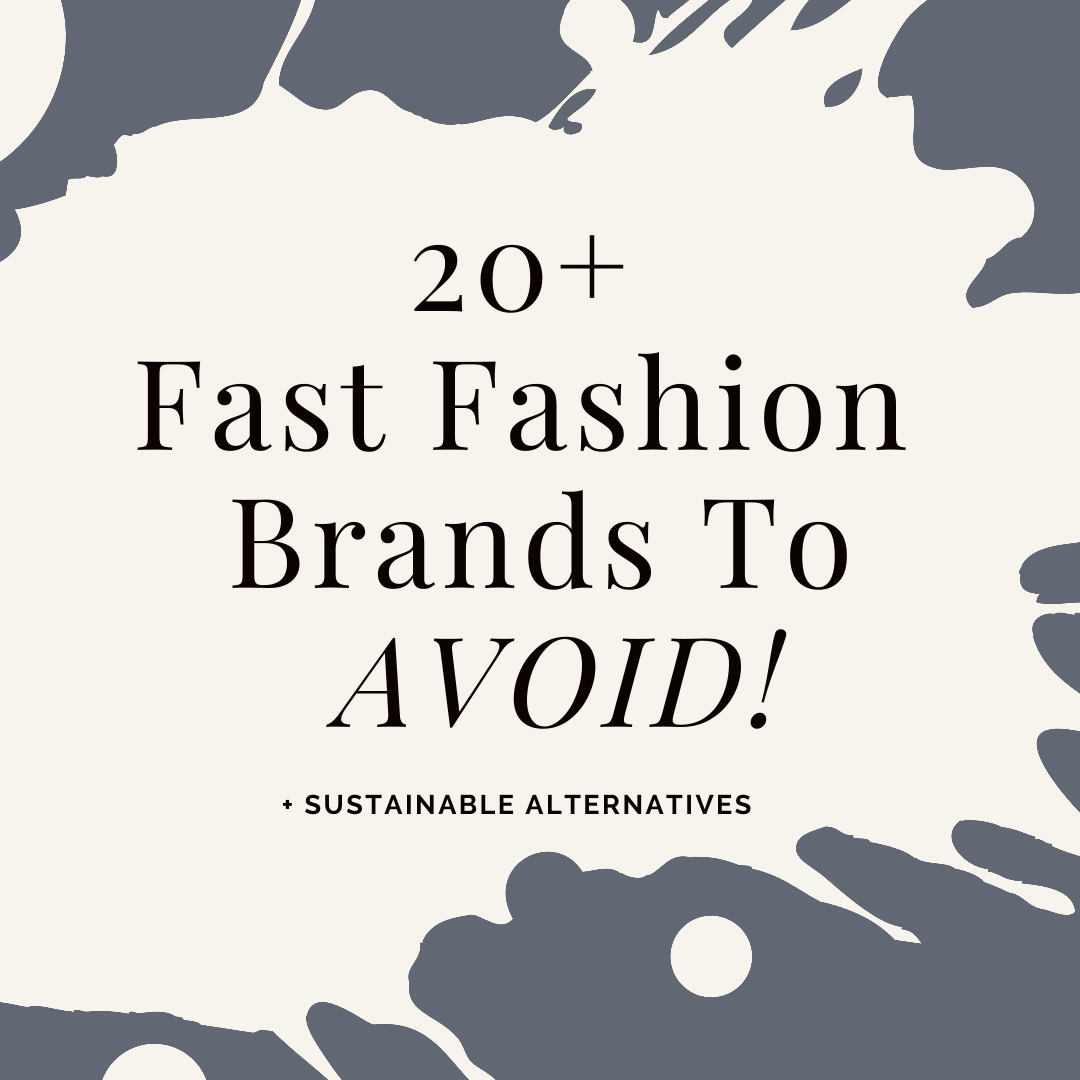Sustainable Style Affordable & Chic Alternatives
Understanding Sustainable Fashion
Sustainable fashion is more than just a trend; it’s a movement towards a more ethical and environmentally responsible approach to clothing consumption. It considers the entire lifecycle of a garment, from the raw materials used to its eventual disposal, minimizing its negative impact on the planet and its people. This means opting for fabrics like organic cotton, recycled materials, and innovative alternatives, while supporting brands committed to fair labor practices and transparency.
The Myth of Sustainable Fashion’s High Price Tag
Many believe that sustainable fashion is prohibitively expensive, accessible only to a wealthy elite. However, this is a misconception. While some high-end sustainable brands exist, plenty of affordable and stylish options are available for conscious consumers on a budget. The key is to know where to look and what to prioritize.

Thrifting and Secondhand Shopping: Your Sustainable Style Secret Weapon
Thrift stores, consignment shops, and online secondhand marketplaces like Depop and ThredUp are treasure troves of affordable and unique clothing. You can find everything from vintage gems to gently used contemporary pieces, significantly reducing your environmental footprint and saving money. The thrill of the hunt adds to the experience, making it a fun and rewarding way to build a sustainable wardrobe.
Supporting Ethical and Sustainable Brands at Affordable Prices
Several brands are committed to sustainable practices without compromising affordability. Look for brands that use eco-friendly materials, transparent supply chains, and fair labor practices. Many smaller, independent brands offer unique styles at competitive prices. Researching brands and understanding their values is crucial to making informed purchases.
Rental Services: Access to Style Without the Ownership
Clothing rental services provide another affordable and sustainable solution. These platforms allow you to rent clothes for special occasions or to experiment with different styles without committing to purchasing. This significantly reduces textile waste and allows you to explore a wider range of fashion choices.
Smart Shopping Habits for Sustainable Style
Beyond sourcing clothes sustainably, smart shopping habits are essential. Prioritize quality over quantity. Invest in versatile pieces that can be mixed and matched to create multiple outfits. Care for your clothes properly – washing them less frequently and mending minor repairs instead of discarding them – will extend their lifespan. This approach minimizes waste and maximizes your wardrobe’s potential.
DIY and Upcycling: Unleash Your Creativity and Reduce Waste
Don’t underestimate the power of DIY and upcycling. Transforming old clothes into new pieces is a fantastic way to express your creativity and reduce waste. Simple alterations like hemming pants or adding patches can give old clothes a new lease on life. Upcycling projects can be incredibly satisfying and surprisingly easy, even for beginners.
Choosing Sustainable Fabrics: Know Your Materials
Understanding the environmental impact of different fabrics is key to making conscious choices. Organic cotton, linen, hemp, and Tencel are examples of more sustainable options. Look for certifications like GOTS (Global Organic Textile Standard) to ensure the fabric’s ethical and environmental credentials. Be aware of synthetic materials like polyester, which contribute significantly to textile waste and microplastic pollution.
The Importance of Transparency and Brand Research
Before purchasing from any brand, research their ethical and environmental practices. Look for brands that openly communicate their supply chains, labor practices, and environmental impact. Transparency is crucial in making sure your purchasing decisions align with your values. Don’t hesitate to contact brands directly if you have questions about their sustainability initiatives.
Building a Sustainable Wardrobe: A Gradual Process
Building a sustainable wardrobe is a journey, not a race. Start by making small, conscious choices and gradually incorporating more sustainable practices into your shopping habits. Every step you take, no matter how small, contributes to a more ethical and environmentally responsible fashion industry. Remember, progress, not perfection, is the key. Read also about fast fashion alternatives that are affordable.
Ditch Fast Fashion Reddit’s Best Ethical Brands
Patagonia: A Leader in Sustainable Outdoor Gear
Patagonia is a name synonymous with ethical and sustainable practices in the fashion industry. They’ve been pioneers in using recycled materials, employing fair labor practices, and actively campaigning for environmental protection. Their commitment extends beyond just the materials; they encourage repairing and repurposing clothes, reducing the overall consumption cycle. While their prices reflect their higher production standards, the quality and durability make them a worthwhile investment for the environmentally conscious consumer. Finding secondhand Patagonia pieces is also a great way to support their mission while saving money.
Eileen Fisher: Reimagining the Lifecycle of Clothing
Eileen Fisher stands out for its innovative approach to circular fashion. Their Renew program allows customers to return used Eileen Fisher garments for resale or recycling, actively keeping clothes out of landfills. This closed-loop system highlights a commitment to minimizing their environmental impact beyond just the initial production. Their focus on timeless, classic designs also reduces the pressure to constantly buy new clothes, aligning with the principles of sustainable consumption.

Everlane: Transparency and Ethical Production
Everlane built its brand on radical transparency, openly sharing the costs and ethical sourcing information of their clothing. This approach allows consumers to make informed decisions, understanding the environmental and social impact of their purchases. They prioritize fair wages for their workers and sustainable materials, often featuring details about the factories and suppliers involved in the production process. While not perfect, their commitment to openness sets a high standard in the industry.
People Tree: Fair Trade and Organic Cotton
People Tree is a champion of fair trade, working directly with artisans and farmers in developing countries. They focus on organic cotton and other sustainable materials, ensuring fair wages and safe working conditions for everyone involved in their supply chain. Their designs often reflect traditional craftsmanship and offer a unique alternative to mass-produced fast fashion. By supporting People Tree, consumers directly contribute to supporting sustainable livelihoods and preserving traditional skills.
Thought Clothing: Organic and Sustainable Materials
Thought Clothing champions organic and sustainable materials, with a focus on minimizing their environmental footprint. They use organic cotton, hemp, and recycled materials, prioritizing environmentally friendly dyeing and production processes. Their designs are often simple and stylish, aiming for longevity and versatility rather than fleeting trends. By prioritizing quality and durability, Thought promotes a less wasteful approach to clothing consumption.
Kotn: Ethical Egyptian Cotton
Kotn focuses on ethically sourced Egyptian cotton, working directly with farmers to ensure fair wages and sustainable farming practices. They emphasize transparency in their supply chain and are committed to improving the lives of the cotton farmers they work with. Their simple, classic designs and commitment to quality make them a strong contender in the ethical fashion market. They’re a good example of how focusing on a single, high-quality material can contribute to a sustainable clothing line.
Other Notable Mentions from r/ DitchFastFashion:
The r/DitchFastFashion subreddit is a vibrant community constantly discussing and recommending ethical brands. Beyond the brands listed above, frequent mentions include brands like Reformation (known for their commitment to sustainable materials and production), Outerknown (founded by Kelly Slater with a strong focus on sustainability), and many smaller, independent designers focusing on unique styles and ethical production. It’s always recommended to do your research and check reviews before purchasing, ensuring the brand aligns with your personal values.
Finding Your Ethical Fit: Research is Key
The ethical fashion landscape is constantly evolving, with new brands emerging and existing ones continually improving their practices. It’s vital to remember that “ethical” is a spectrum, and no brand is entirely perfect. However, by supporting brands actively striving for sustainability and ethical production, we contribute to a more responsible fashion industry. Engaging with communities like r/DitchFastFashion provides invaluable resources and insights for navigating the complexities of conscious consumerism. Please click here to learn about fast fashion alternatives on Reddit.

